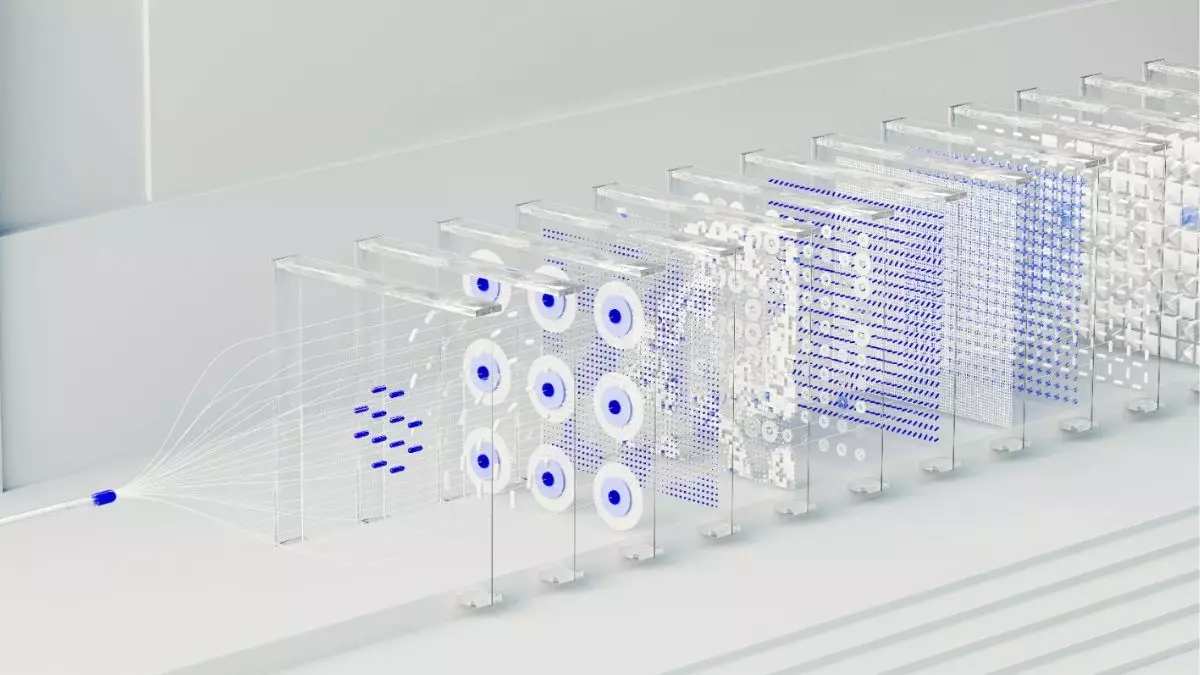Tetsuwan Scientific, a San Francisco-based startup that emerged from a discreet period of development, is poised to revolutionize the scientific landscape through the integration of artificial intelligence (AI) and robotics. Co-founded by Cristian Ponce and Théo Schäfer in 2023, the company recently announced its public presence following a promising seed funding round. Their mission transcends traditional scientific practices; they intend to automate the entirety of the experimental process, thereby redefining how scientific discovery occurs.
Central to Tetsuwan Scientific’s ambition is the goal of creating intelligent software capable of seamlessly interfacing with laboratory robotics. Their vision encompasses the entire scientific cycle—from hypothesis formulation and experimental execution to deriving conclusions. This initiative reflects a shift from human-centric methodologies to an era dominated by AI-driven exploration.
Bridging the Gap in Automation
One of the main problems Tetsuwan aims to address is the current state of automation in scientific research. Existing laboratory robots often necessitate extensive programming to follow specific protocols. Consequently, they resemble assembly line machinery more than true scientific collaborators. The organization identifies a critical gap: robots currently lack the capability to grasp scientific intent, rendering them reliant on humans for interpretation and execution.
However, advancements in generative AI models present a potential solution to this dilemma. Tetsuwan posits that these models can equip machines with the ability to understand and act upon scientific intents autonomously. By combining intelligent software with versatile robotic hardware, the startup envisions a future where AI not only assists but also independently drives scientific inquiry.
In a recent interview with TechCrunch, CEO Cristian Ponce underscored the transformative potential of large language models (LLMs) in bridging the software communication gap. Traditionally, developers have faced significant hurdles when trying to communicate complex scientific goals to robots, often resulting in the need to write extensive lines of code. However, with LLMs, this process can be streamlined, allowing scientists to articulate their needs using natural language.
Ponce also pointed out that employing a Retrieval-Augmented Generation (RAG) framework can effectively mitigate the instances of AI hallucinations that can arise during research processes. This approach enhances the reliability of AI-generated data, which is vital in scientific endeavors, where precision and accuracy are paramount for valid conclusions.
Tetsuwan Scientific is focusing on developing non-humanoid robots that diverge from traditional designs. The company has unveiled plans for their robots, characterized by large square, glass-like structures. These innovative designs will enable robots to not only interpret results but also adapt experimental parameters autonomously without human input. They will leverage intelligent software integrated with advanced sensors to perform complex tasks such as calibration, liquid characterization, and adherence to technical standards.
While this initiative is currently in its nascent stages, Tetsuwan’s commitment to constructing independent robotic scientists represents a significant step forward in automating the scientific process. If successful, these robots could handle an array of experiments ranging from healthcare applications to fundamental research in various scientific fields.
The Future of Tetsuwan Scientific
Looking ahead, Tetsuwan Scientific is on a trajectory that could fundamentally alter the fabric of scientific exploration. By acknowledging and addressing current limitations in lab automation, the startup is not merely offering tools to scientists, but rather a transformative vision of fully robotic experimentation. Their approach aims to elevate the role of robotics within science, challenging the notion that human intuition and creativity cannot be replicated by machines.
Ultimately, Tetsuwan Scientific’s innovative pursuit may pave the way for breakthroughs across numerous disciplines, unlocking new realms of scientific discovery that were once thought to be unattainable. As they continue to develop their technology and expand their collaborations—such as their current partnership with La Jolla Labs in RNA therapeutic drug development—Tetsuwan stands on the precipice of a new era in scientific methodology, where AI and robotics could dramatically enhance our ability to understand and manipulate the complexities of the natural world.


Leave a Reply